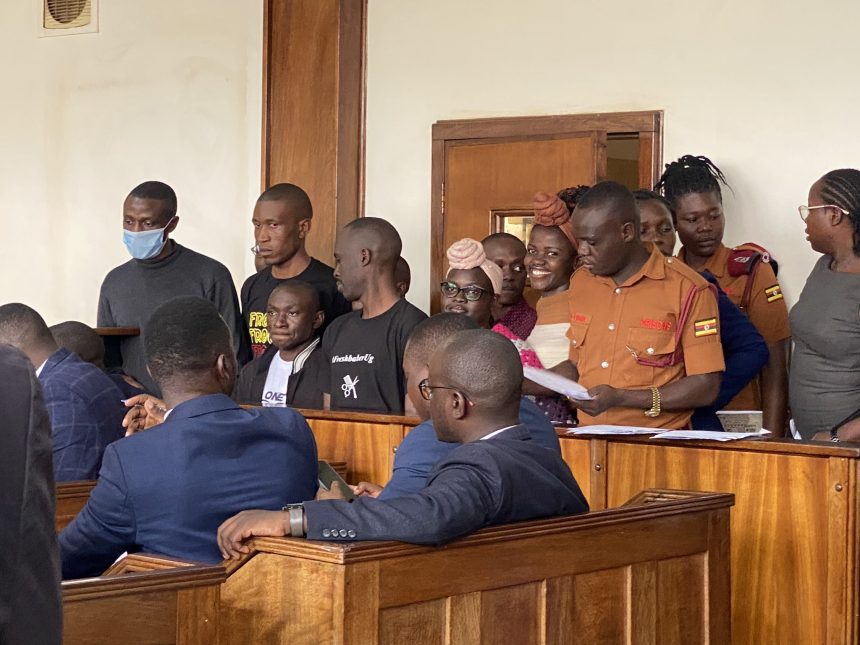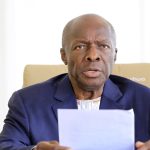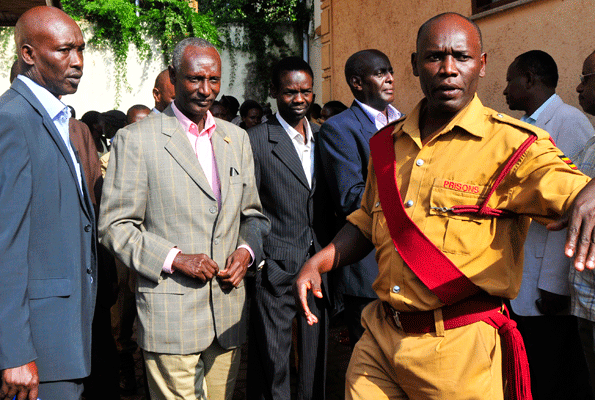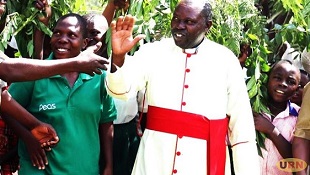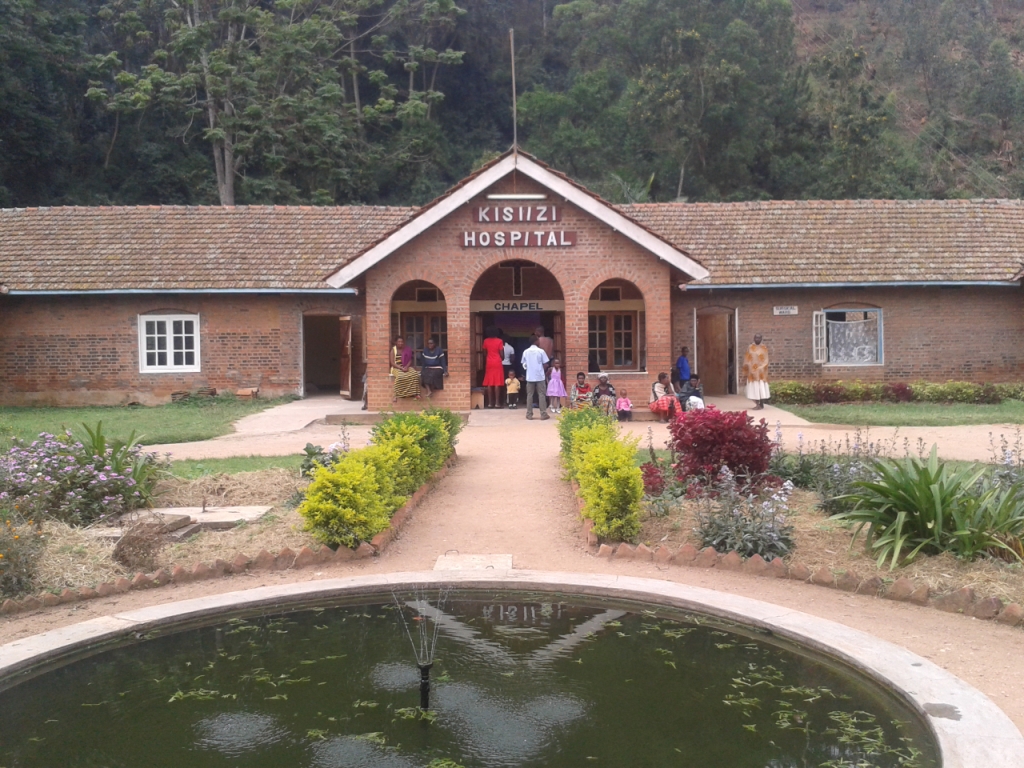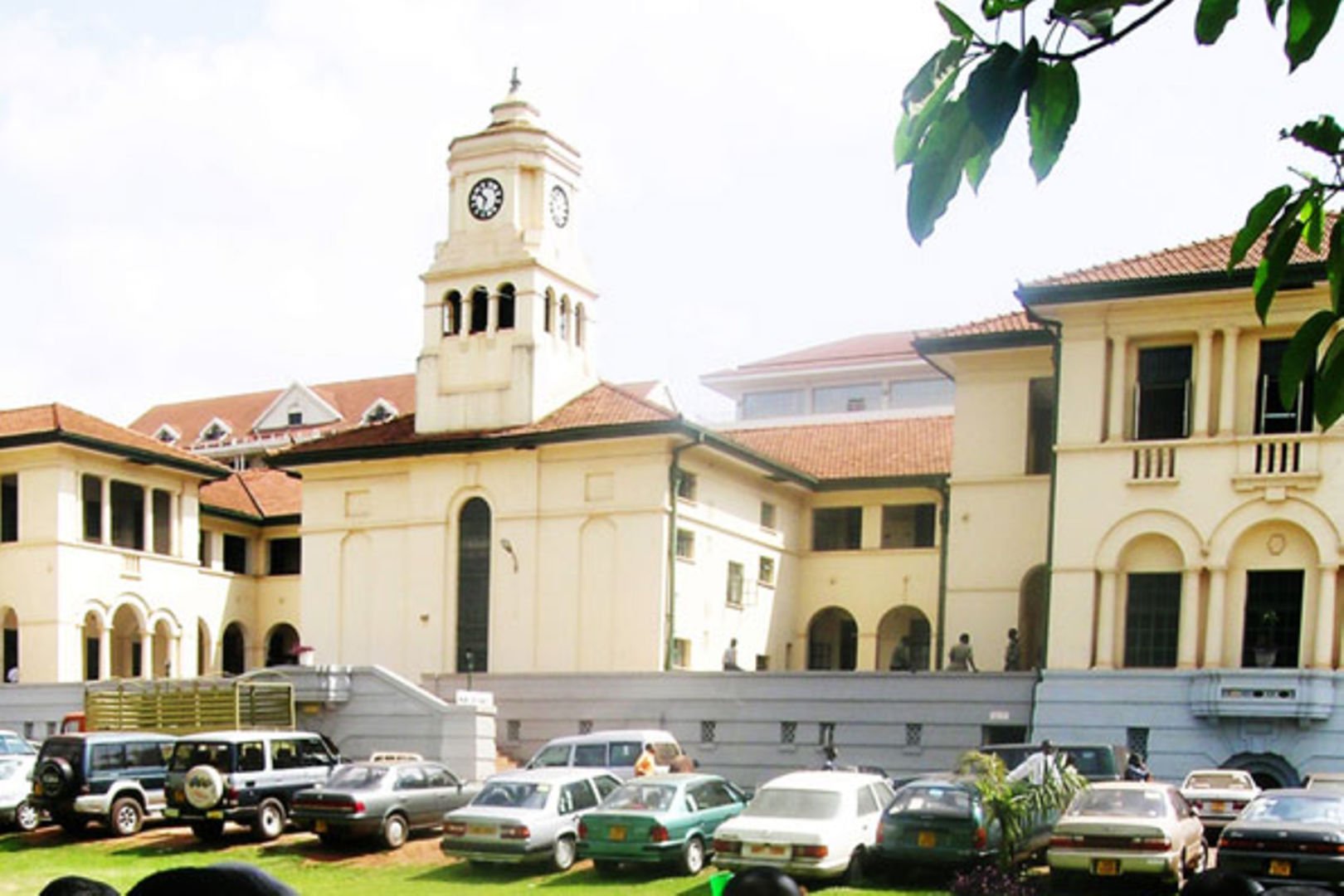15 anti-corruption protesters have been granted bail after spending a week in the detention equivalent of a village goat pen. This comes amidst mounting criticism of the government’s grandstanding in dealing with those who dared to voice their displeasure with corruption in the country.
On July 30, 2024, Buganda Road Court, under the watchful eyes of Grade One magistrates Jalia Basajabalaba and Carol Kyoshabire, decided to release the youthful rabble-rousers, albeit temporarily. The court’s decision, as unexpected as a Matooke stem sprouting maize, means these brave souls can now take a breather from their unwelcome stint in Luzira Prison, pending the furtherance of their case.
The release came with a price tag of Shs200,000 and Shs100,000—a small fortune in Ugandan shillings but merely a drop in the lake for a government that seems to have a black belt in making a mountain out of a molehill.
The Office of the Director of Prosecutions (DPP), under the watchful eye of Jane Frances Abodo, is getting a fair share of criticism. The critics argue that charging these youths under laws that seem as outdated as the colonial-era statues.
Among the released was Robert Maseruka, former Makerere University guild president, who was reportedly as unruly as a Kampala traffic jam when his fellow protesters were arrested. His charge? Apparently, making a scene that would make a boda boda rider look demure.
The bail-bonded protesters include notable names such as Eric Muhwezi, Brian Magala, Abdul Bast Najib, and Innocent Mutibwa, among others. They’ll be watching the proceedings from the comfort of their homes, possibly with a bit more comfort than the cells they left behind.
The protesters, predominantly in their 20s and 30s, had been demanding the resignation of Speaker of Parliament Anita Annet Among, accusing her of being knee-deep in corruption.
Lawyer Anthony Masake, in a statement as calm as a Ugandan Sunday, expressed his relief over the bail decision but insisted that the charges be dropped. According to him, peaceful protests should be as welcome as a cold Nile Special on a hot day, not criminalized.
Here’s a rundown of the lucky 15 who were granted bail:
| Name | Charge | Bail Amount |
|---|---|---|
| Eric Muhwezi | Common nuisance | Shs200,000 |
| Brian Magala | Common nuisance | Shs200,000 |
| Robert Maseruka | Obstructing public order | Shs200,000 |
| Abdul Bast Najib | Idle and disorderly | Shs100,000 |
| Vian Muwonge | Idle and disorderly | Shs100,000 |
| Innocent Mutibwa | Common nuisance | Shs200,000 |
| Shabir Abdul Majid | Idle and disorderly | Shs100,000 |
| Ssagala Abdulrahman Kabanda | Common nuisance | Shs200,000 |
| Eddy Kiyaga | Idle and disorderly | Shs100,000 |
| David Anderson Onyango | Common nuisance | Shs200,000 |
| Ashiraf Kanunu | Idle and disorderly | Shs100,000 |
| Kato Jeremiah | Common nuisance | Shs200,000 |
| Hussein Kasozi Lubega | Idle and disorderly | Shs100,000 |
| Samuel Okuja | Common nuisance | Shs200,000 |
While the government may have momentarily loosened its grip on these activists, the battle against corruption remains as contentious as ever. The protests, which aim to challenge the corruption epidemic, are met with resistance that seems more intent on quashing dissent than addressing the real issues at hand. In the grand theatre of Ugandan politics, it seems that the only act more predictable than corruption is the government’s response to those who dare to speak out against it.
So, as these 15 protesters walk free—if only temporarily—the real question remains: will the government ever address the roots of corruption, or will it continue to play this elaborate game of cat and mouse with its own citizens?

